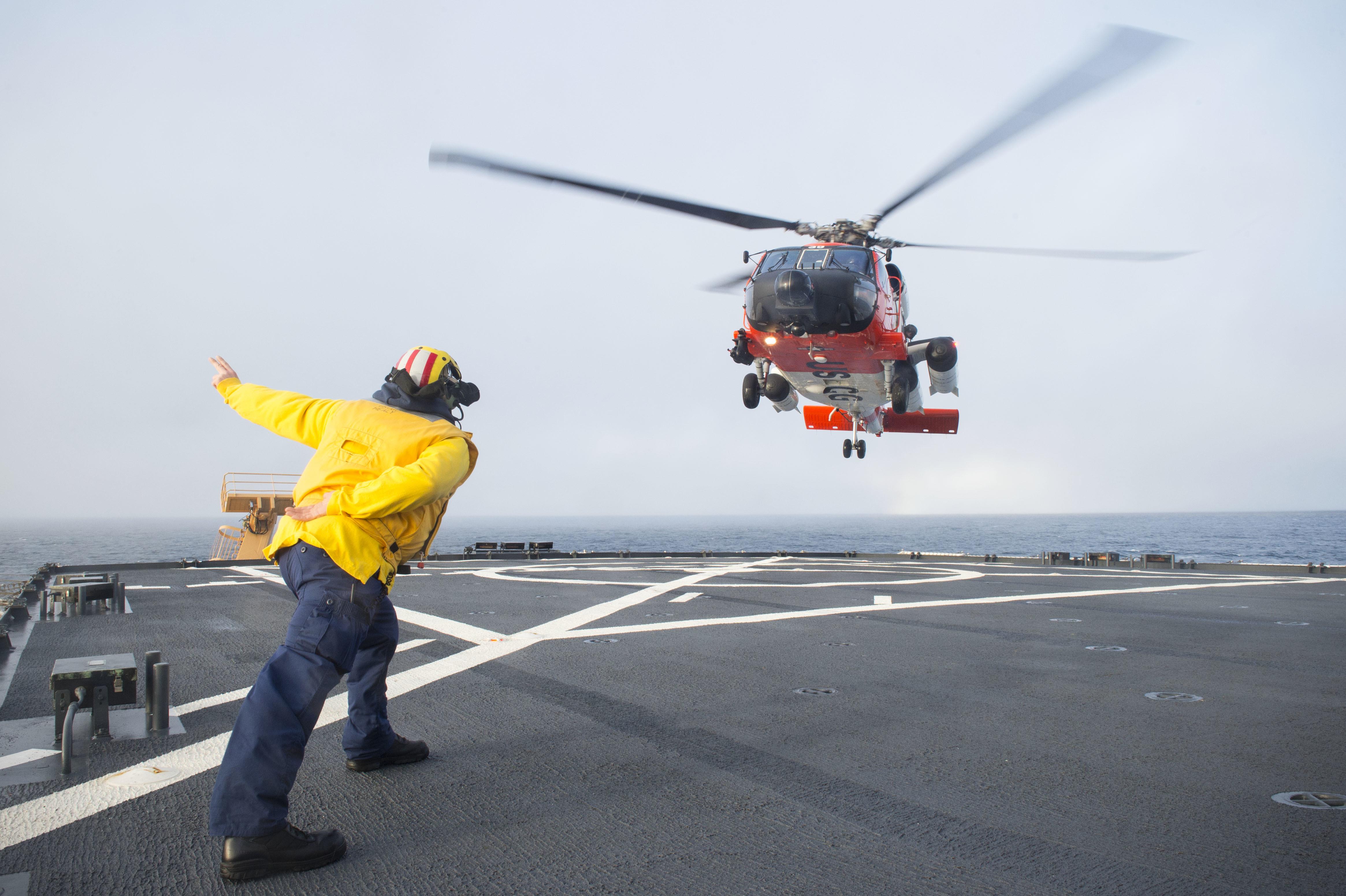The US writes, but does not implement, Arctic strategies
Last year saw plenty of statements from the U.S. federal government about the importance of the Arctic — but precious little real commitment to the region.

The U.S. government wrote a great deal about Arctic strategy in 2019, but it would be nice to see concrete commitments to go along with the strategic pronouncements,
A year ago in January, the U.S. Navy said, “The Arctic currently is assessed to be at low risk of conflict and nations have demonstrated their intent to resolve differences peacefully.”
Three months later, the U.S. Coast Guard updated its strategic outlook by declaring: “Over the past 15 years, the Nation’s strategic competitors have invested heavily in Arctic-capable assets, infrastructure, and relationships, some of which are targeted at eroding the influence of America and the rule of law. U.S. investments over that same period of time have been comparatively modest.”
In June, the U.S. Defense Department added to the pile with a report mentioning positive Arctic developments, as well as growing uncertainty with “a deepening and intensifying of certain problematic strategic trends.”
The publication of these reports and other events — President Donald Trump’s ramblings about Greenland and Secretary of State Mike Pompeo’s Arctic Council bombast come to mind — show the U.S. is paying more attention to the Arctic. But what’s missing is the political determination to implement a sensible Arctic strategy that deals with scientific, economic, military and diplomatic goals.
“The U.S. government isn’t advancing its policies,” is how Heather Conley, a senior vice president of a Washington think tank, put it during a December hearing. “Said a different way, the U.S. is acting as if it is still 2013 while the Arctic security environment worsens.”
Conley, a scholar at the Center for Strategic and International Studies, said that the update by the U.S. Coast Guard of its Arctic strategy was the best of the lot in describing the new political reality in the Arctic.
“Without hyperbole or hype, the strategy clearly states Russia’s and China’s long-term strategic ambitions for the Arctic which pose challenges to U.S. interests and the United States’ ability to maintain unfettered access in the region,” she said at the Dec. 12 hearing of a Senate commerce subcommittee, chaired by Alaska Sen. Dan Sullivan.
“While the Coast Guard accurately describes these new challenges, its strategy, as well as the U.S. government’s posture, remains largely the same as it was in 2013. There are no other significant U.S. infrastructure initiatives on the horizon other than the construction of a new polar security cutter which will primarily be used in Antarctica.”
“There is no dedicated budget or prioritization of infrastructure improvements. There is no deep-water port in the American Arctic and there are no ice-strengthened surface vessels in the U.S. Navy’s inventory.”
“There hasn’t been a substantial investment in increased U.S. forward operating locations in the Arctic, communication and navigation assets or greater domain awareness. The U.S. could not conduct a freedom of navigation operation in the Russian Arctic today if it wanted to, and without agreement from the Canadian government, it could not traverse the Northwest Passage.”
The rhetoric about the Arctic certainly has changed for U.S. leaders, but actions by the Congress and White House show that it remains a low priority, despite the efforts of the Alaska Congressional delegation and others seeking a new national focus.
The development of infrastructure and facilities in the Arctic is expensive and at a time of record deficits and an anti-tax atmosphere, costly additions to a remote region fail to get broad political support.
One key challenge in the short term is whether the proposal to expand the port of Nome, which could cost $500 million or more, manages to move forward from the planning stage. Expanding the port is crucial to providing an option on the Arctic coast for deep-draft icebreakers, military vessels and commercial ships.
It should not go unnoticed that Russia and China have visions for the Arctic that they are implementing.
“Without a significant policy response from the U.S. and its allies, Russia and China will largely shape the region’s future,” Conley said.
The U.S. Coast Guard has done the best it can do with the funds made available to it, but that is no longer workable, she told the committee.
“The Coast Guard simply needs a dedicated budget to build the Arctic infrastructure that it needs. And it needs strong and sustained civilian leadership to make sure that that infrastructure is in place,” she said.
If presence equals influence, then both Russia and China are becoming more influential in the region in terms of scientific, economic and military activity.
“As China and Russia’s influence grows in the Arctic through science, economics and security, the U.S, must be equally present.”
This is not just about military capabilities, but about providing political and economic leadership.
Any nation can write an Arctic strategy, she said, but making it meaningful requires more than publication of a document.
“The United States has proven repeatedly it can write many strategies, but it has not proven it can shape and influence the Arctic in the future. Russia and China are implementing their strategies and shaping the region, unfortunately to their preferred interests and outcomes,” she said.
Dermot Cole can be reached at de*********@gm***.com.
The views expressed here are the writers’ and are not necessarily endorsed by ArcticToday, which welcomes a broad range of viewpoints. To submit a piece for consideration, email commentary (at) arctictoday.com.